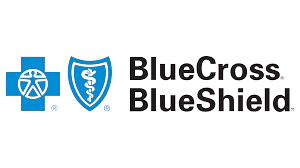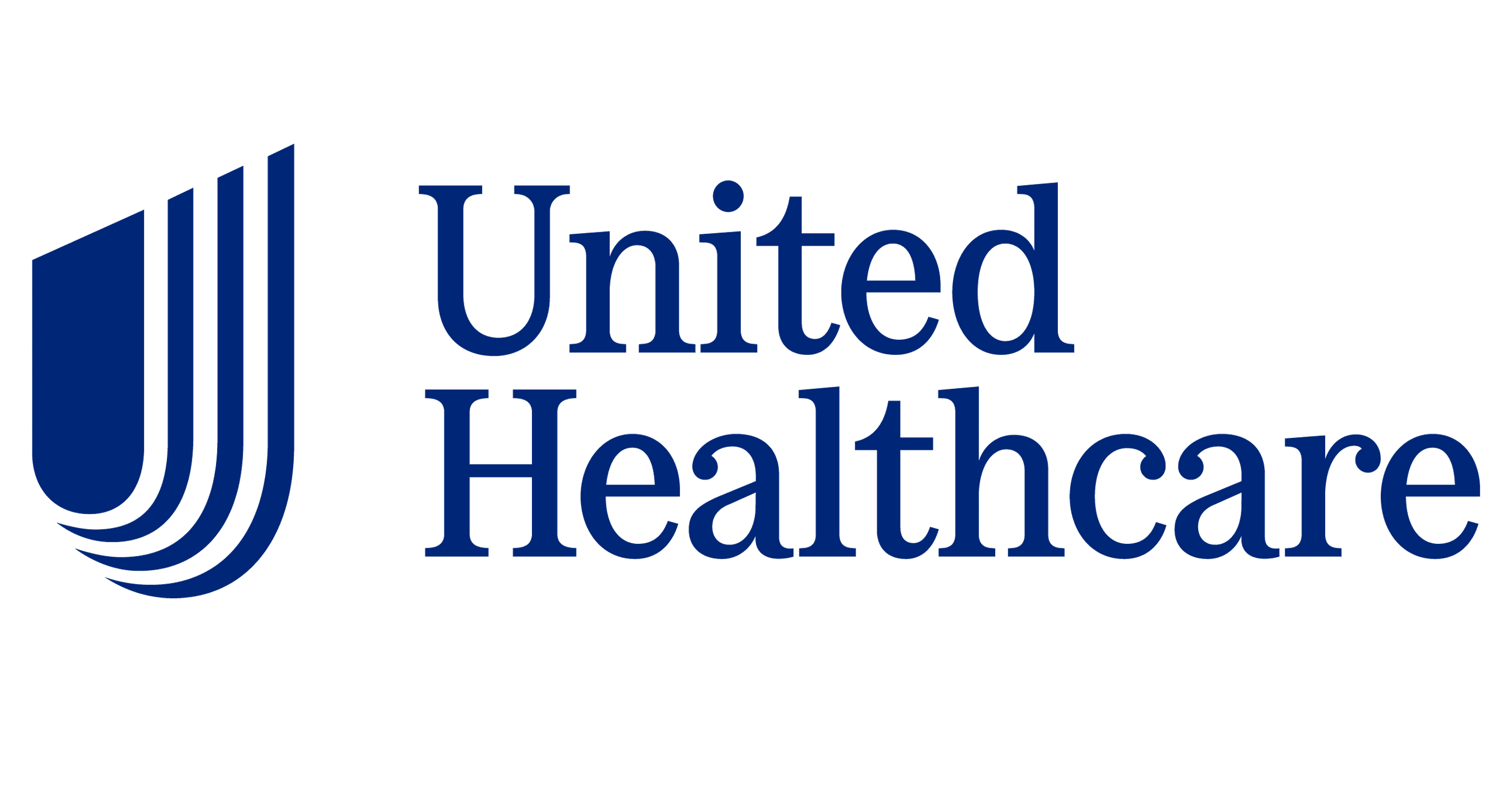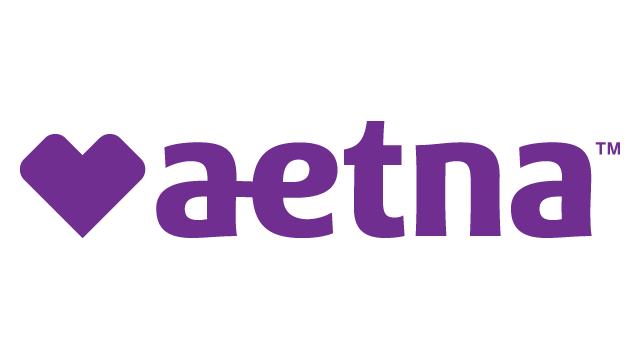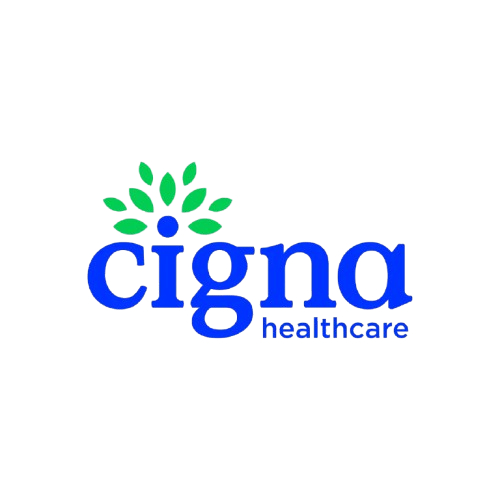HCPCS Q9959 Fee Schedule
Healthcare providers use this code to document and receive reimbursement for visits that address moderate-level medical decision-making, often including multiple diagnoses or prescription management.
| Key Fact | Detail |
|---|---|
| Service Type | • Temporary Codes • Contrast Agents/Diagnostic Imaging |
| Complexity Level | Low |
National average reimbursement for HCPCS Q9959 by major payers:

$0.09

$1,000,000.00

$0.09

$0.40
| Payer | Code | Rate | NPI | Tax ID | State | Specialty |
|---|---|---|---|---|---|---|
Select a payer to view fee schedule data Choose a payer from the options above to see rates for HCPCS Q9959 | ||||||
Want to see your competitors' rates?
Start your trial today to unlock complete access to provider rates and fee schedules in your area.
Here's what you can do with PayerPrice
Renegotiate your managed care contracts
Benchmark your current rates against market averages to identify opportunities for rate optimization.
Prospect for new business using fee schedules
Access every provider's negotiated rates for every billing code in your market to inform your prospecting strategies.
Integrate real-time payer data into your workflows
Automatically keep fee schedules up-to-date without adding yet another log-in to your insurance systems. Connect via API or SQL.
PayerPrice shows you the exact negotiated rates that insurers publish under federal transparency rules.
We display the raw data directly from insurers' files, giving you the same information they make public. Learn more about Price Transparency.
HCPCS Q9959 vs. Other Contrast Agents/Diagnostic Imaging Codes
The HCPCS Q9959 code is part of the Temporary Codes services used for Contrast Agents/Diagnostic Imaging. It represents a moderate-complexity encounter and is one of several codes that vary based on time spent, level of medical decision-making, and documentation requirements.
The HCPCS Q9959 code involves more provider time and moderate medical decision-making, unlike lower-level codes that require less time and simpler assessments. It typically includes multiple diagnoses, medication management, or test interpretation, leading to higher reimbursement and more detailed documentation requirements.
| Code | Complexity | Description |
|---|---|---|
| Q9958-HCPCS | Low | High osmolar contrast material, up to 149 mg/ml iodine concentration, per ml |
| Q9959-HCPCS | Low | High osmolar contrast material, 150-199 mg/ml iodine concentration, per ml |
| Q9960-HCPCS | Low | High osmolar contrast material, 200-249 mg/ml iodine concentration, per ml |
What is a fee schedule?
A fee schedule is a list of fixed prices that healthcare providers charge for specific services, including HCPCS Q9959. These prices vary depending on payer type (Medicare, Medicaid, private insurance), geographic location, and provider contracts.
Understanding the Q9959 fee schedule helps patients estimate costs and providers optimize billing for accurate reimbursements.
Factors that affect fee schedules
Medicare & Medicaid Rates
Government-set reimbursement amounts
Private Insurance Rates
Negotiated rates between providers and insurance companies
Geographic Location
Costs may be higher in urban areas.
Provider Type
Hospital providers may have different rates than private practice.
Let's review your payer contracts side-by-side with the market.
Bring your top codes (like HCPCS Q9959) and we'll show you how you compare in 15 minutes or less.
